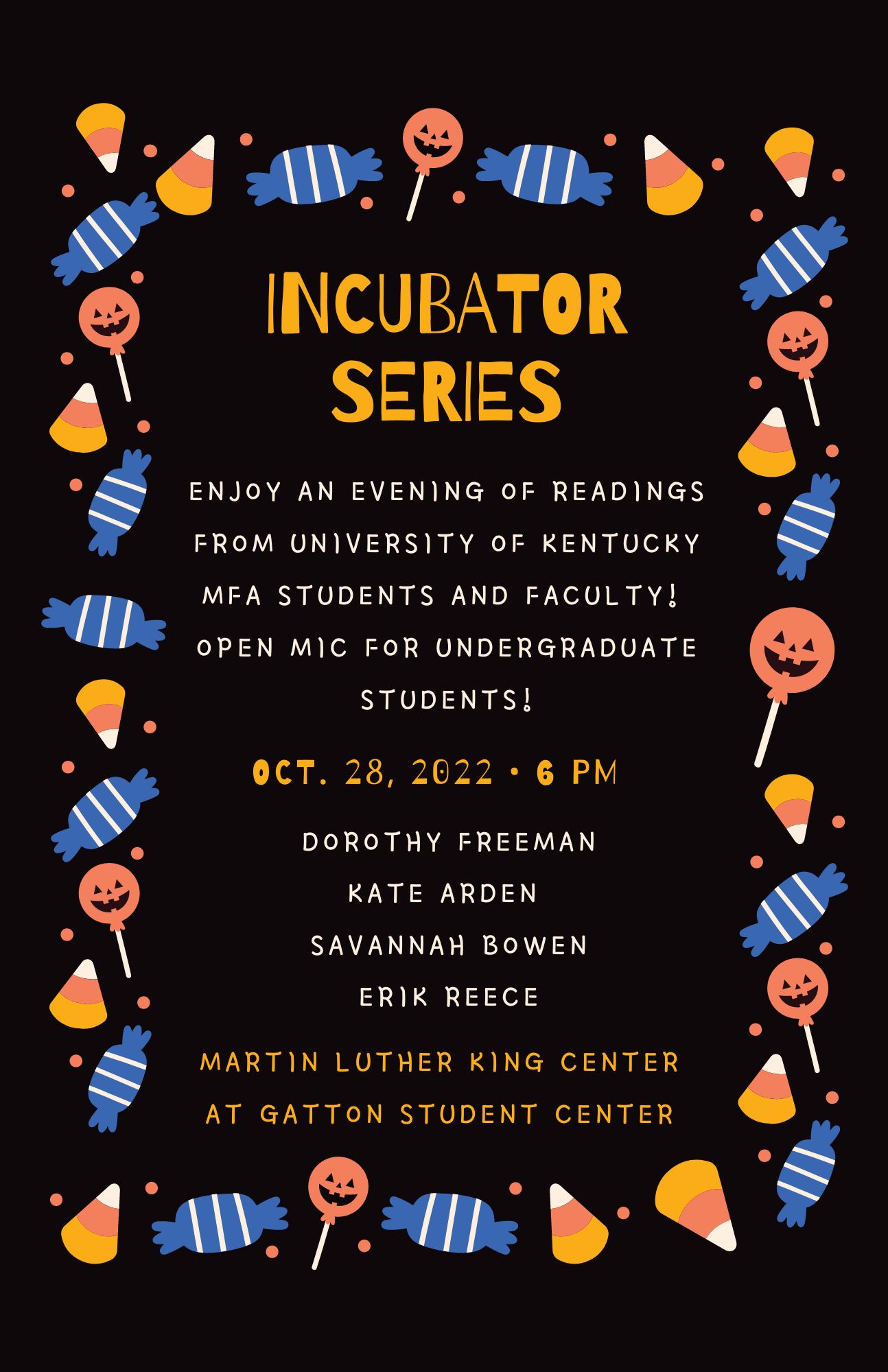Human Nutrition: Assessment
Assessment of dietary, anthropometric and biochemical parameters of nutritional status in health and disease. Lecture, two hours; laboratory, three hours per week.
Assessment of dietary, anthropometric and biochemical parameters of nutritional status in health and disease. Lecture, two hours; laboratory, three hours per week.

LEXINGTON, Ky, -- Amber Sergent, a social studies teacher at Woodford County High School in Kentucky, was named the 2023 Kentucky High School Teacher of the Year during a ceremony Sept. 20.
Sergent earned a master’s degree and doctorate in American history at the University of Kentucky. She has taught in Woodford County since 2017.
By Richard LeComte
LEXINGTON, Ky. --- Gabriela Spears-Rico, assistant professor of Chicano Latino Studies and American Indian Studies at the University of Minnesota Twin Cities, will lead off the University of Kentucky Department of Anthropology’s Autumn Colloquium Series with a talk titled “Malinche’s Refusal: New visions for a decolonized Latinidad. “
An experimental, topical, departmental, or interdisciplinary course devoted to a special topic of current interest to civil engineering and approved by the chairperson of the department of civil engineering and the dean of the college. May be repeated to a maximum of eight credits, but not more than four credits may be earned under the same title.
An introduction to transportation engineering. Development of transportation systems in the United States. Route geometrics and design. Traffic flow characteristics and control. Planning financing and economic analysis of transport facilities.
Overview of environmental chemistry and microbiology, water quality, water and wastewater treatment, solid and hazardous wastes management, hazardous waste remediation, and air pollution control. Emphasis on the basic science and engineering principles required to understand both natural and engineered systems, as well as the engineering approach to understanding the natural environment and specific treatment and mitigation methods.
Analysis of statically determinate structures including trusses, beams, cables, arches and frames. Influence lines for truss and beam structures. Approximate analysis of statically indeterminate structures. Displacement calculations and introduction to statically indeterminate structural analysis.
A study of the methodology used in construction, with an emphasis on the selection and application of resources: labor, materials, equipment, money and time. The importance of cost and quality is stressed. Weekly lab periods are used to acquaint the student with actual construction documents and to provide supervised work sessions in plan reading and basic estimating. Lecture, two hours; laboratory, three hours per week.
Fundamentals of the design and operation of water and wastewater treatment facilities.